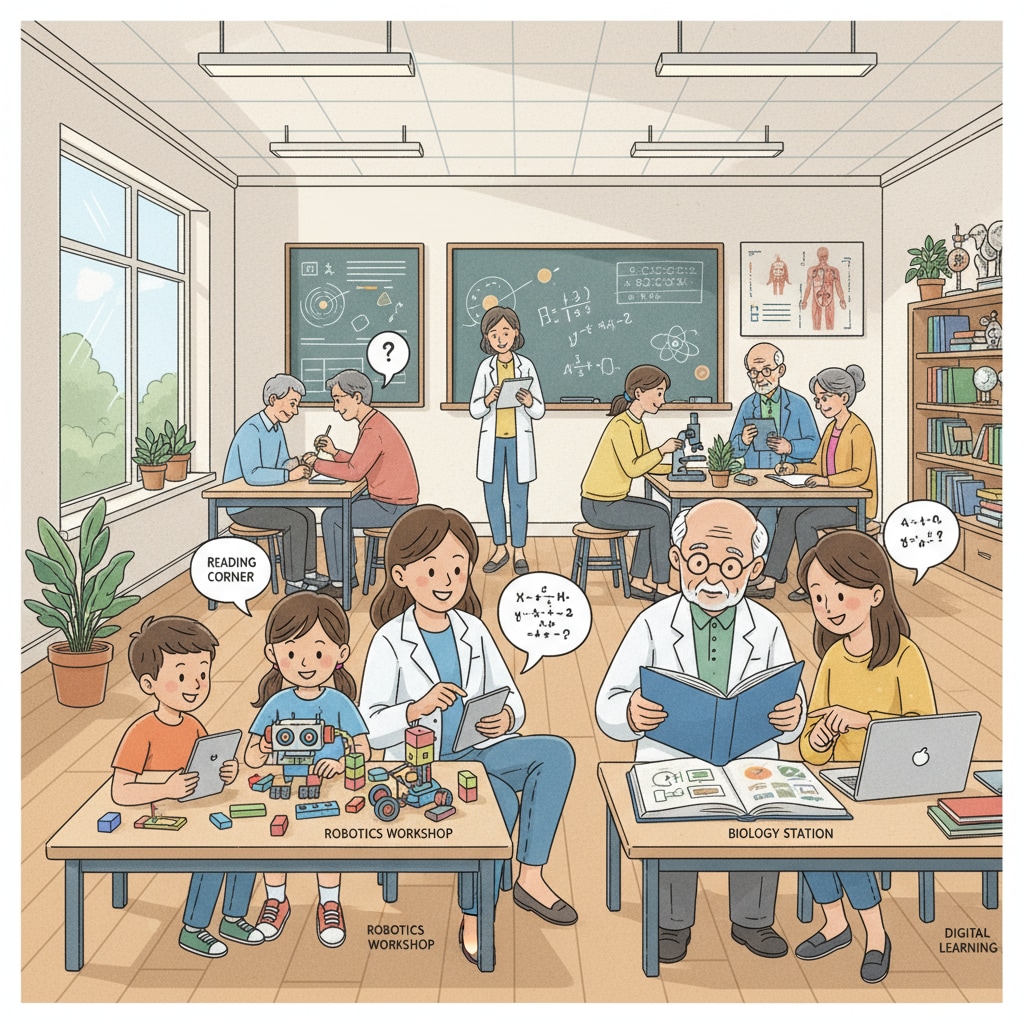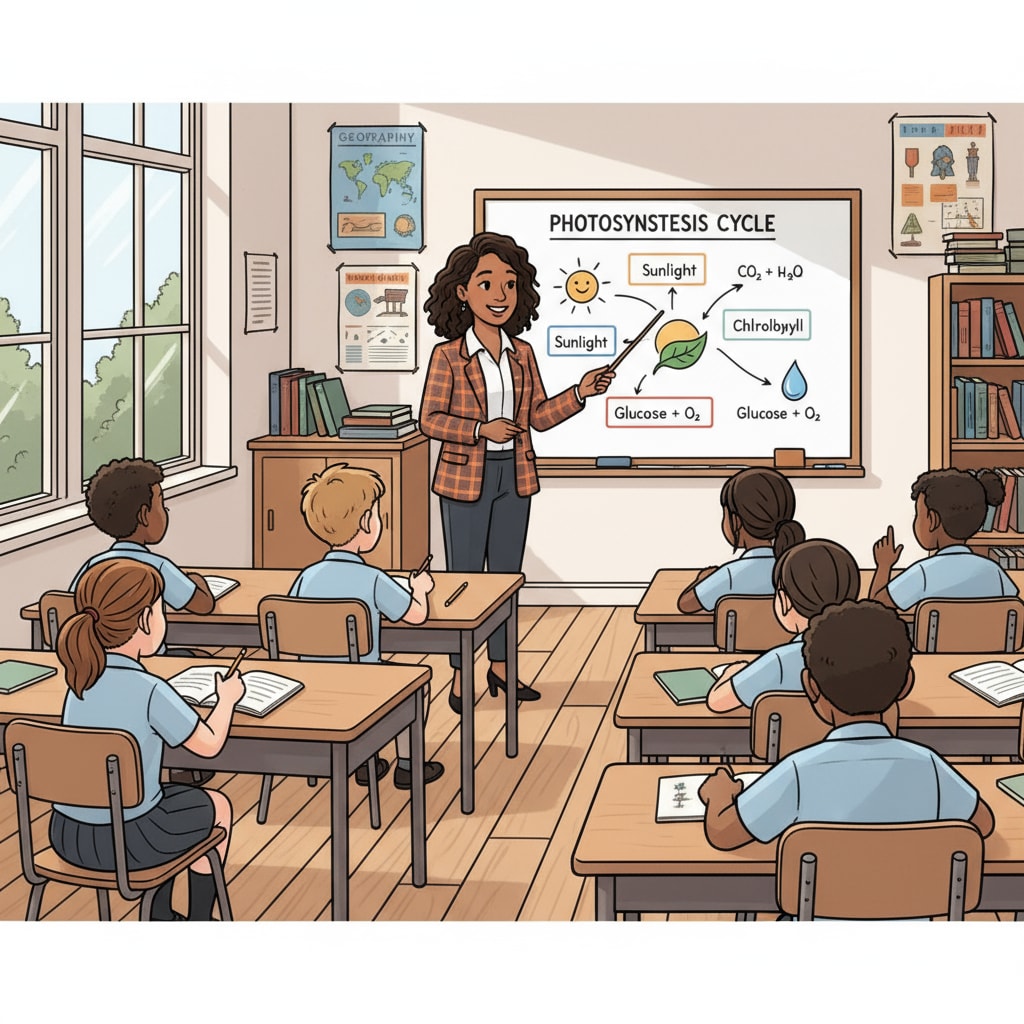In the modern landscape of education, the concepts of lifelong learning, formal education, and cultural awareness are intertwined in profound ways. Formal education, often structured and institution-based, provides a solid foundation of knowledge and skills. It is the system through which we obtain degrees and diplomas, which are widely recognized markers of academic achievement. Lifelong learning, on the other hand, is a more fluid and continuous process that extends beyond the boundaries of traditional educational institutions. Cultural awareness plays a vital role in both, influencing how we perceive and absorb knowledge.

The Foundation of Formal Education
Formal education is the cornerstone upon which many build their knowledge base. It typically begins in primary schools, where basic literacy, numeracy, and social skills are taught. As students progress through secondary and higher education, they delve deeper into specialized fields of study. For example, in a university setting, students can pursue degrees in engineering, medicine, or the liberal arts. This structured approach ensures that individuals acquire a comprehensive understanding of their chosen subjects. Formal education on Wikipedia

The Essence of Lifelong Learning
Lifelong learning is not confined to the classroom. It encompasses learning experiences that occur throughout one’s life, at any age. It could be learning a new language, taking up a hobby like painting, or staying updated with the latest technological advancements in one’s field. The key here is the motivation to continuously grow and adapt. In today’s rapidly changing world, those who embrace lifelong learning are better equipped to handle new challenges. Lifelong education on Britannica
For instance, a professional in the IT industry may need to constantly learn about new programming languages and software development methodologies to stay relevant in the job market. This self-driven pursuit of knowledge is what defines lifelong learning. It allows individuals to expand their horizons beyond what was taught in formal educational settings.
Readability guidance: As we can see, both formal education and lifelong learning have their unique merits. Formal education provides a structured path to gain in-depth knowledge, while lifelong learning fosters adaptability and continuous growth. Cultural awareness also plays a significant role in both aspects. It helps us understand the diverse perspectives that exist in the world of learning, enabling us to make more informed decisions about what and how we learn.
The Role of Cultural Awareness
Cultural awareness enriches both formal education and lifelong learning. In a formal educational environment, it encourages the inclusion of diverse cultural perspectives in the curriculum. This could involve studying literature from different cultures, learning about historical events from various viewpoints, or understanding the cultural significance of scientific discoveries. For example, in a history class, exploring how different cultures have experienced and interpreted a particular historical period can provide a more comprehensive understanding of that event.
In the context of lifelong learning, cultural awareness broadens our learning experiences. When we travel to a new country, for instance, being culturally aware allows us to learn about local customs, traditions, and ways of life. This hands-on learning experience adds a new dimension to our knowledge and understanding of the world.
Finding the balance between formal education and lifelong learning is essential. While formal education gives us a starting point and a recognized qualification, lifelong learning ensures that we keep evolving. We should not view diplomas as the end goal but rather as a stepping stone to continuous learning. True education is a journey that lasts a lifetime, and cultural awareness acts as a guiding light along the way.
Readability guidance: In conclusion, we must recognize the equal importance of formal education, lifelong learning, and cultural awareness. Each contributes uniquely to our personal and professional development. By integrating these elements, we can create a more fulfilling and enriching educational experience that transcends the boundaries of traditional learning and helps us thrive in an ever-changing world.


